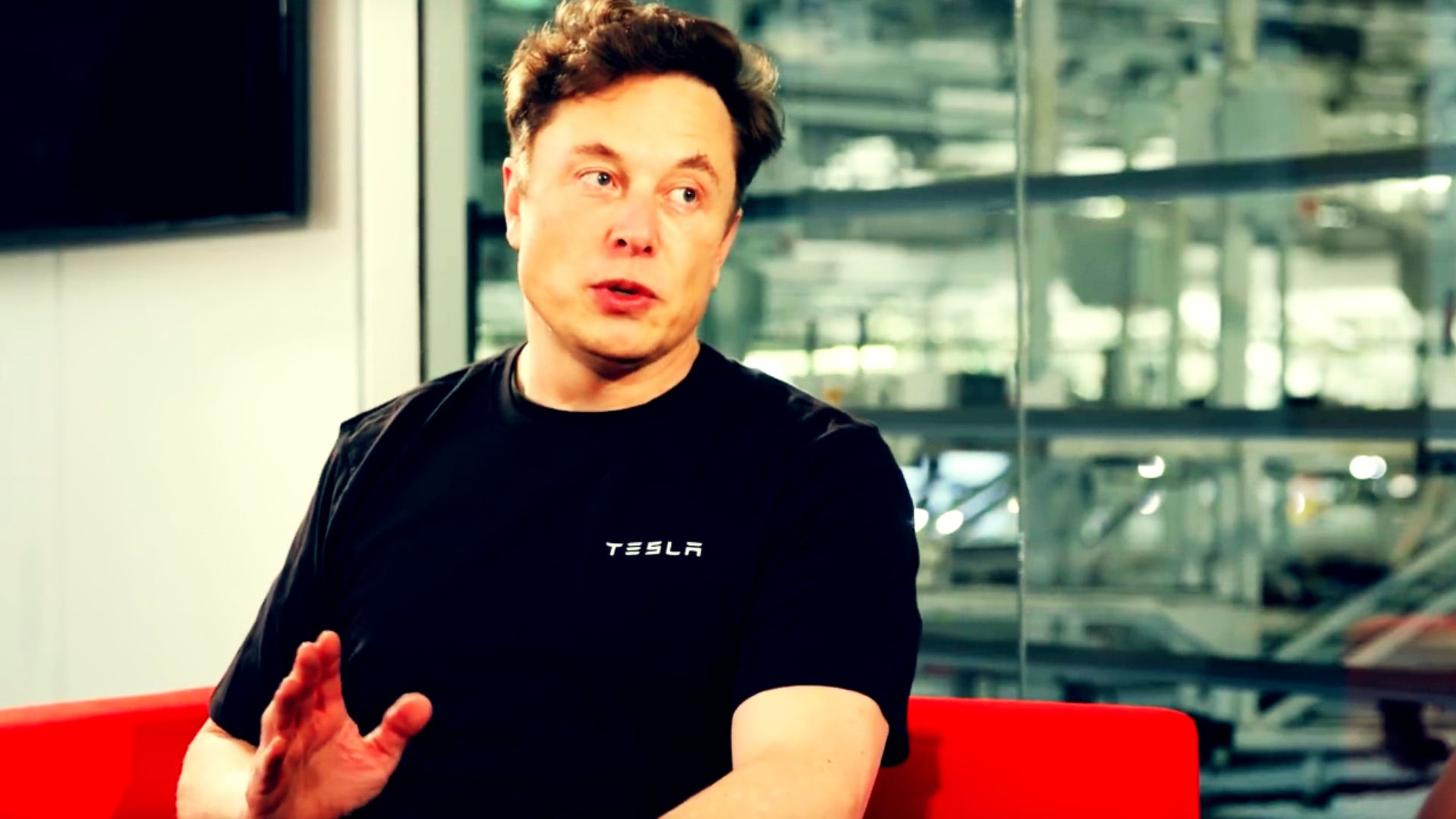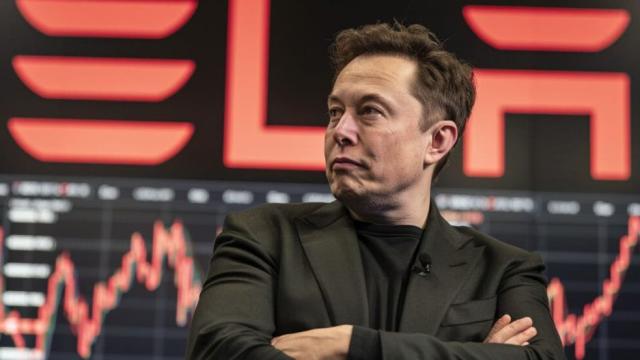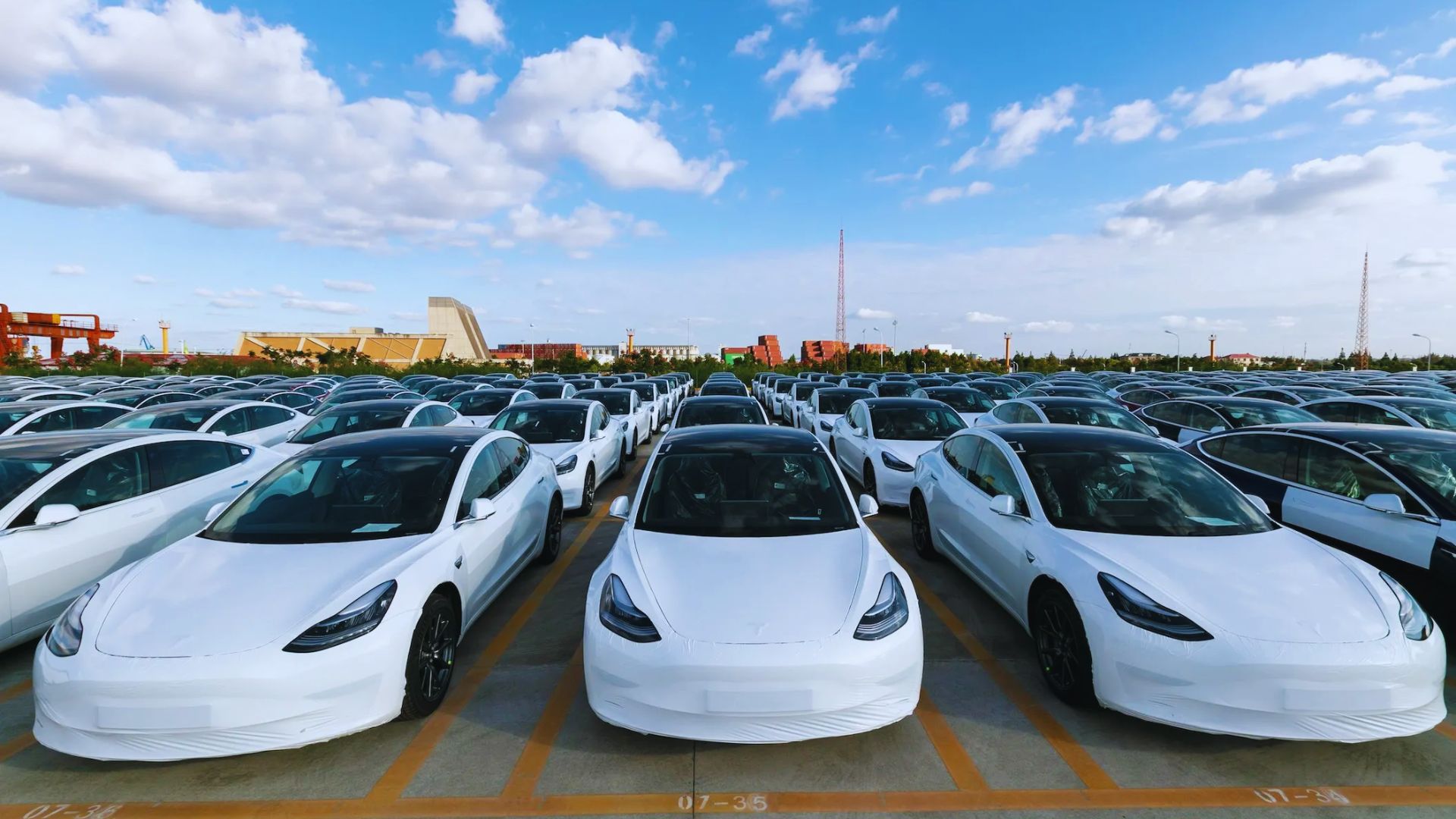Elon Musk combines 80-hour work weeks with “First Principles” thinking, driving the success of his tech ventures.
Elon Musk, CEO of multiple high-profile technology companies, has often been in the limelight for his work habits and decision-making processes. This article aims to provide a neutral, data-driven examination of Musk’s reported 80-hour work weeks and his application of “First Principles” thinking.
The Formative Years
Elon Musk’s journey began with ventures like Zip2 and X.com (later PayPal). During his tenure at Zip2, Musk reportedly slept in the office, working long hours to ensure the company’s success. Data from a 1999 CNN interview highlighted Musk’s dedication, with him mentioning 100-hour work weeks during the early days of his startups. This period laid the foundation for his future work ethic.
The 80-Hour Work Week
By the time Musk was deeply involved with Tesla and SpaceX, his work hours became a topic of discussion.
An analysis from Auto News in 2018 noted that Musk claimed to work 120 hours a week during Tesla’s Model 3 production ramp-up, later averaging around 80-90 hours. While these figures exceed the U.S. average workweek of 34.4 hours, as reported by the Bureau of Labor Statistics, it’s essential to understand that such commitment is not uncommon among CEOs of major corporations, especially during critical business phases.
“First Principles” Thinking Defined
“First Principles” thinking is a problem-solving method that involves breaking down complex ideas into their fundamental parts.
Aristotle, the ancient Greek philosopher, is often credited with the origin of this concept. Musk’s application of this method, especially at Tesla and SpaceX, involves bypassing analogy-based reasoning to dissect problems to their core. For instance, when addressing Tesla’s battery costs, Musk didn’t accept the industry’s established prices. Instead, he broke down the battery components, analyzed the raw material costs, and identified optimization areas, as documented in a 2014 interview with Kevin Rose.
Real-world Applications
Musk’s “First Principles” approach has been evident in several business decisions. At SpaceX, instead of purchasing expensive rocket parts, the company shifted to in-house manufacturing, reducing costs by approximately 90%, as reported in a 2012 SpaceX press release. Similarly, Tesla’s Gigafactory aims to reduce lithium-ion battery costs by more than 30%, focusing on fundamental component costs and innovative manufacturing processes, as outlined in their 2014 shareholder letter.
Conclusion
Elon Musk’s work ethic and problem-solving approach offer insights into the operational dynamics of his companies. While his methods might seem unconventional, they are rooted in established principles and data-driven decisions. As with all strategies, results vary based on application and external factors.




